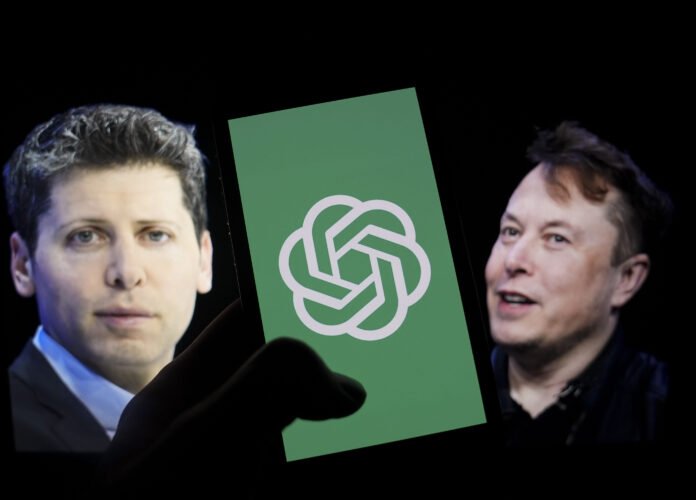In February, Musk initiated legal action against OpenAI, Altman, and Brockman — the current CEO and president of OpenAI, respectively — alleging breach of contract and fiduciary duty.
A hearing was set to take place on Wednesday in San Francisco to determine whether the defendants’ request for dismissal should be granted by the judge.
Legal experts informed CNBC in March that the lawsuit’s foundation was dubious since the central contract in question was not a formal written agreement signed by all involved parties.
Musk claimed that the original goal of the early OpenAI team was to develop artificial general intelligence (AGI) for the benefit of humanity, but the project has evolved into a profit-driven entity mostly controlled by principal shareholder Microsoft.
In his 35-page complaint filed in March, Musk highlighted his role in the creation of the company, now a leading startup globally, with OpenAI ranking first on CNBC’s Disruptor 50 list in 2023 due to the success of ChatGPT.
“It’s definitely a strong endorsement for Elon Musk,” commented Kevin O’Brien, a partner at Ford O’Brien Landy LLP and former assistant U.S. attorney, to CNBC. “The legal aspect, however, remains questionable.”
Last year, Musk introduced his AI startup and OpenAI rival, xAI, which recently announced a $6 billion Series B funding round. Investors included Andreessen Horowitz, Sequoia Capital, and Fidelity Management & Research Company.
X.AI aims to “comprehend the true essence of the universe,” as stated on its website. The company unveiled a chatbot named Grok, inspired by “The Hitchhiker’s Guide to the Galaxy,” equipped with real-time internet knowledge after two months of training.
Spokespersons for Musk and Altman did not respond immediately to requests for comment.
—CNBC’s Lora Kolodny contributed to this report.
Correction: The lawsuit was filed in February. An earlier version of this story misstated the month.









